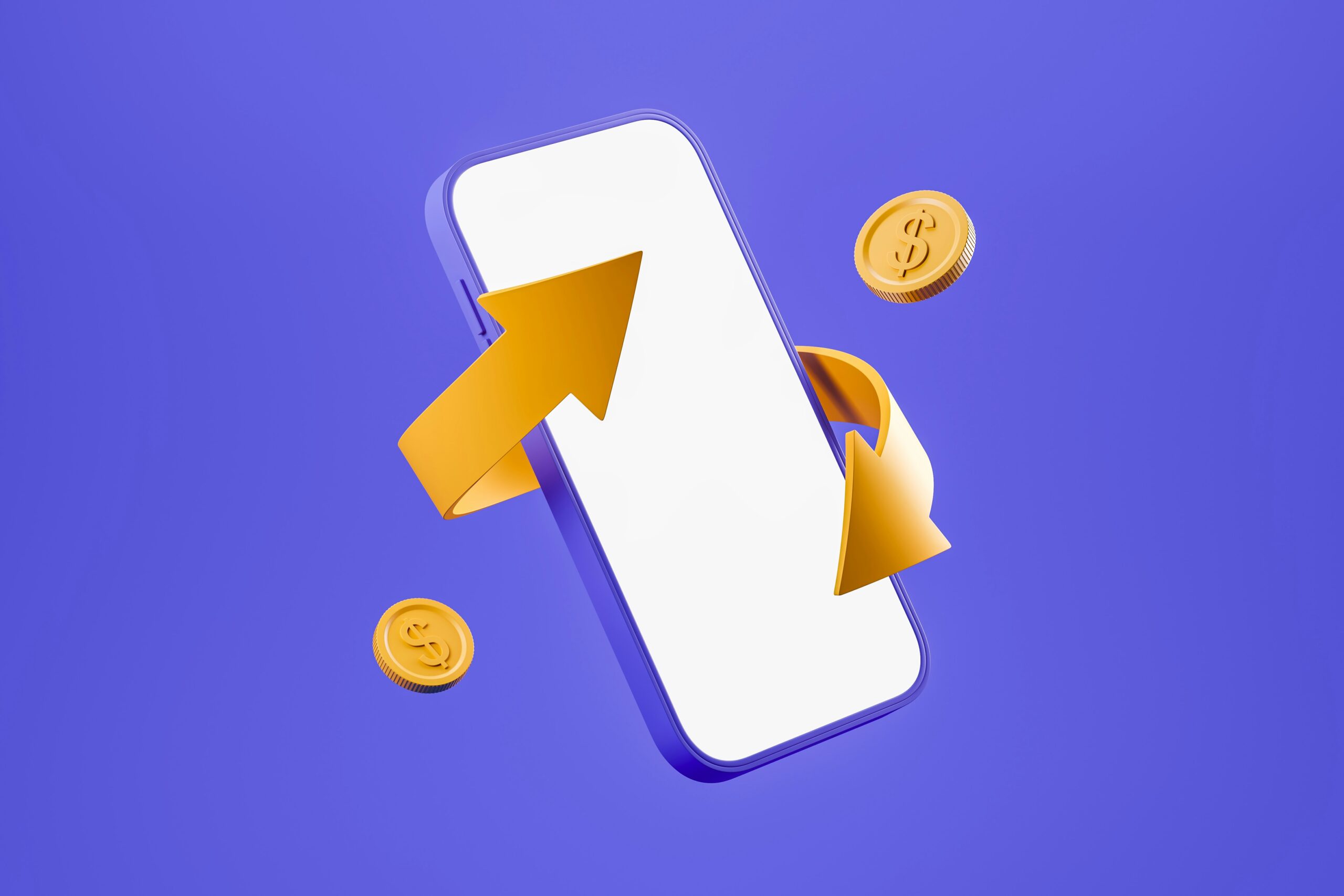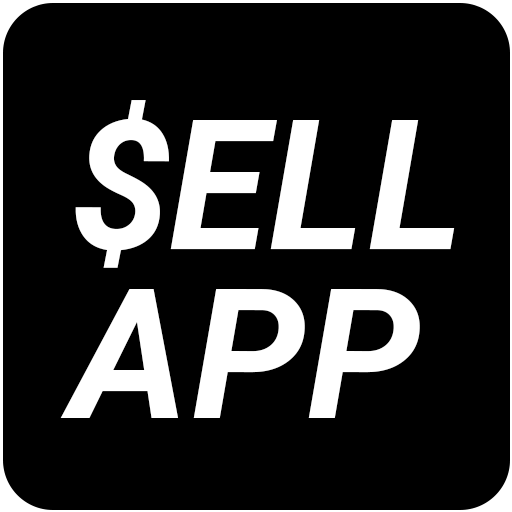As a mobile app publisher, you’ve invested time, energy, and resources into creating, developing, and growing your app. But as your app gains traction and evolves, you might begin to wonder: “How much is my app worth?” Whether you’re considering selling your app, seeking investment, or simply curious about its value, understanding how to assess its worth is crucial.
This guide will explore the key factors that influence an app’s valuation and how to get a clearer picture of what your app is truly worth.

Revenue and Profitability
One of the most significant factors in determining the value of your app is its revenue and profitability. A strong and consistent income stream is appealing to potential buyers or investors.
- Monthly Recurring Revenue (MRR): Investors and buyers often look at your app’s MRR to assess its stability. If your app has a subscription model or in-app purchases that generate recurring revenue, this will be a critical indicator of value.
- Profit Margins: It’s not just about how much money your app makes—it’s also about how much it costs to run. Profit margins factor in your revenue against operational costs, such as development, marketing, and customer support. Higher profit margins generally translate to a higher valuation.
User Base and Engagement
The size and engagement of your user base also play a critical role in your app’s valuation. An app with millions of users is more attractive to buyers or investors, but engagement metrics are just as important.
- Active Users: Investors typically want to see how many active users you have, not just how many downloads. Monthly Active Users (MAUs) and Daily Active Users (DAUs) are commonly used metrics to assess the vitality of your user base.
- Retention Rates: High retention rates indicate that your app provides value and keeps users coming back. This can greatly impact your app’s perceived value.
- User Acquisition Cost (CAC): If you’re growing your user base, potential buyers or investors will want to know how much it costs you to acquire each user. Lower acquisition costs generally make your app more valuable.
Growth Potential
The potential for future growth can significantly increase the value of your app. Buyers and investors are often interested in apps that show strong potential for scaling.
- Market Trends: Is your app positioned in a growing market? Apps in booming industries (e.g., health, fintech, e-learning) may command higher valuations.
- Scalability: Can your app scale easily? If your app’s infrastructure allows for expansion without substantial additional costs, it may be valued more highly.
- New Features and Updates: Showing that you have plans for new features, updates, or expansion into new markets can demonstrate growth potential.
Monetization Strategy
Your app’s monetization strategy is another crucial factor in determining its value. How your app generates revenue, and the potential to increase that revenue, will be closely analyzed.
- Diverse Revenue Streams: Apps that rely on multiple sources of income (ads, in-app purchases, subscription models, etc.) may be valued higher due to the reduced risk of relying on a single revenue stream.
- ARPU (Average Revenue Per User): This metric indicates how much each user is worth to your app. Higher ARPU generally translates to a higher valuation, especially if you can demonstrate that it’s increasing over time.
- Ad Performance: If your app monetizes through ads, key performance indicators like click-through rates (CTR) and ad fill rates will influence your valuation.
App Store Rankings and Reviews
Your app’s ranking and reviews in app stores (Google Play, Apple App Store) can also affect its value. A highly ranked app with positive reviews signals that your app is popular, well-regarded, and trusted by users.
- App Store Optimization (ASO): Apps that are well-optimized for search and discoverability within app stores have a competitive edge. A high rank for key search terms can boost your app’s value.
- User Feedback and Reviews: A high rating (4 stars or above) and positive user reviews indicate a quality app that provides value to its users. Apps with consistently good reviews are more appealing to buyers or investors.
Intellectual Property and Technology
The underlying technology and intellectual property (IP) associated with your app can also increase its value. Buyers or investors may be particularly interested in proprietary algorithms, unique technology, or patented features.
- Code Quality and Infrastructure: Well-written and scalable code can make your app more attractive to potential buyers. If your app’s infrastructure is solid and can handle growth without significant refactoring, this will add to its value.
- Intellectual Property Rights: If you hold any patents, trademarks, or copyrights related to your app, these assets can enhance its overall worth. Buyers often pay a premium for IP that differentiates an app from its competitors.
Competitive Landscape
The competition in your niche also plays a role in determining your app’s value. A strong position in a less competitive market might increase the valuation, while being one among many in a crowded space could affect it.
- Market Share: If your app has a significant share of its market, this will positively influence its value. Conversely, an app that struggles to stand out in a competitive market may have a lower valuation.
- Unique Selling Proposition (USP): What makes your app different from competitors? A strong USP that clearly sets your app apart can command a higher valuation.
Financial Projections
Buyers and investors are often interested in your app’s future financial performance. Strong financial projections backed by data and growth trends can increase the perceived value of your app.
- Forecasted Revenue Growth: Demonstrating realistic and data-driven projections of revenue growth will make your app more attractive to buyers or investors.
- Cash Flow: A positive cash flow shows that your app is not only profitable now but also likely to continue generating income in the future.
Valuation Methods for Mobile Apps
To assess how much your app is worth, there are several common valuation methods that buyers or investors might use:
- Multiple of Revenue: A common valuation method is to apply a multiple to your app’s annual or monthly revenue. For example, an app generating $100,000 annually might be valued at 2-5 times that amount, depending on factors like growth potential and market conditions.
- Multiple of EBITDA: Some buyers prefer to use a multiple of EBITDA (Earnings Before Interest, Taxes, Depreciation, and Amortization), which accounts for your app’s profitability before these expenses are deducted.
- Discounted Cash Flow (DCF): This method involves forecasting your app’s future cash flows and then discounting them back to their present value. DCF can provide a more accurate picture of long-term value but requires detailed financial projections.
Understanding Your App’s Worth
Determining the value of your app involves assessing a variety of factors, from revenue and profitability to user engagement and growth potential. By understanding these elements and how they contribute to your app’s overall value, you’ll be better equipped to negotiate with buyers or investors or simply gauge the success of your project.
Whether you’re planning to sell your app now or simply exploring your options, having a clear understanding of your app’s worth can help you make informed business decisions and set you up for long-term success.






